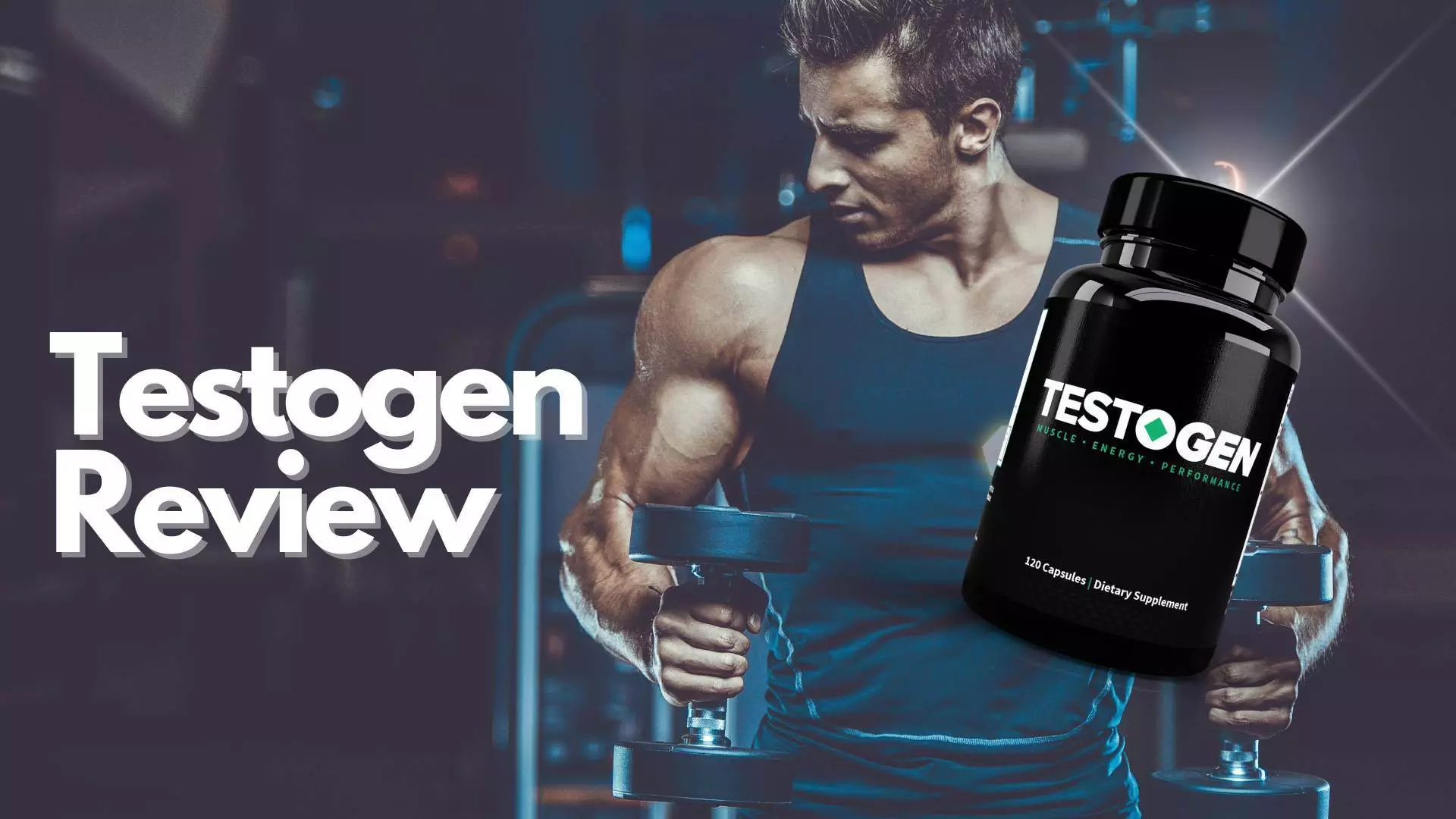Are you missing out on the full-body benefits omega-3 fatty acids offer? Get the inside scoop on this vital nutrient that unlocks improvements for the heart, mind, eyes and more.
Here’s a quick overview of the benefits of omega 3:
Improves heart health
Lowers triglycerides and blood pressure, reduces the risk of heart disease
Eases inflammation
Helps manage joint pain, autoimmune diseases, and inflammatory conditions
Supports brain function
Boosts cognition, mood, and neuronal cell membrane function
Continue reading to discover where to find them in foods or the right supplements like Performance Lab Omega-3.
By the end of this quick read, you’ll have total clarity on omega 3s to take immediate action.
Let’s get started!
Key Takeaways
- Eat fatty fish like salmon, mackerel, and sardines at least twice a week for adequate omega 3 intake. A 3.5 oz serving provides about 2,000 mg EPA/DHA.
- Sprinkle 2 tbsp ground flaxseeds or chia seeds on meals daily for plant-based omega 3s. Flaxseeds provide 2,350 mg ALA per tbsp.
- Take an omega 3 supplement if you don’t eat fish, especially for heightened needs like pregnancy or heart disease. Look for 3rd party testing.
- Shoot for at least 500 mg combined EPA/DHA daily for general health, up to 1,000 mg for heart health, or 2,000+ mg to lower triglycerides.
- Balance omega 3s and 6s. Reduce vegetable oils and processed foods high in omega 6s that promote inflammation.
Omega 3 Benefits
The health benefits of omega-3 fatty acids are vast and supported by a growing body of research – one of the most well-known benefits is their positive impact on heart health.
Omega 3s are associated with a lower risk of cardiovascular diseases. They help reduce triglycerides, lower blood pressure, slow plaque development in the arteries, and reduce the likelihood of heart attack and stroke.
Beyond cardiovascular benefits, omega 3s also combat inflammation underlying autoimmune diseases like rheumatoid arthritis, easing joint pain and stiffness.
These essential fats are critical for cognitive health too, supporting neuronal function and protecting against dementia. Omega 3s also show therapeutic potential with depression, anxiety, and metabolic syndrome.
The DHA component is especially important for fetal brain development and mothers’ intake during pregnancy and breastfeeding.
Omega 3s may also help inflammatory conditions like inflammatory bowel disease and asthma.
In short, omega 3s target inflammation systemically, with wide-ranging benefits for cognition, mental health, metabolic and immune function.
To summarize the benefits of omega 3s, let’s look at a comparative table highlighting the key health advantages:
| Health Aspect | Benefits of Omega 3 |
|---|---|
| Cardiovascular Health | Reduces triglycerides, lowers blood pressure, slows plaque development, decreases risk of heart attack and stroke |
| Joint Health | Reduces symptoms of rheumatoid arthritis such as joint pain and stiffness |
| Brain Health | Essential for cognitive function, may protect against Alzheimer’s disease, improves mood disorders |
| Prenatal Development | Crucial for fetal brain and eye development, linked to better problem-solving abilities in infants |
| Metabolic Health | Improves insulin resistance, reduces inflammation, beneficial for metabolic syndrome management |
Natural Omega 3 Foods
Discover the best omega-3 sources hiding in plain sight. You likely have easy access to these inflammation-fighting fats with incredible benefits – yet most people remain unaware.
The top sources won’t surprise seafood lovers. Wild salmon, mackerel, sardines and more supply omega-3s EPA/DHA readily used by your body.
Yet omega-3s reach far beyond just fish. Seemingly ordinary walnuts, flaxseeds and chia seeds brim with ALA converting to EPA/DHA in your body. Flaxseeds alone supply 1.6g of ALA per 2 tablespoons. Algae/seaweed offers EPA/DHA for vegetarians/vegans.
Incorporating these sources is delicious and simple. Bake fish, blend seeds into smoothies or sprinkle them onto cereals and salads. Chop walnuts for baked goods and salads or enjoy their crunch solo.
The possibilities span far and wide – limited only by your creativity. Are you leveraging these readily available options brimming with essential fats critical for fighting inflammation?
Omega 3 Dosage Guidelines

Targeting your optimal personalized omega-3 dose requires some strategic fine tuning. But recognized guidelines create an excellent starting point.
The American Heart Association sets helpful baselines – a good general goal is 500mg EPA/DHA daily, equal to eating fatty fish twice per week.
Physical factors like age, health conditions and medications influence individual needs – so you’ll need to consult a healthcare professional to help determine the dosage most appropriate for your needs.
Importantly, balance matters tremendously for reaping anti-inflammatory rewards. Most modern diets skew extremely towards omega-6s – shifting this ratio by deliberately increasing omega-3s enables healing.
Fine tune your dose to target optimal wellness. Use established guidelines as your launch pad, then personalize based on your health profile and goals with support from your healthcare team. Unlock brilliance by giving your body the essential fats it requires.
To assist in understanding the recommended daily intake of omega 3s, the following table outlines the guidelines for different populations:
| Population | Recommended Daily Intake of EPA and DHA |
|---|---|
| Healthy Adults | 500 mg |
| Coronary Heart Disease Patients | 1,000 mg |
| High Triglycerides Patients | 2,000-4,000 mg (under physician’s care) |
| Pregnant/Breastfeeding Women | 300-500 mg |
Omega 3 Supplements: The Lowdown
Food should always lead the charge for omega-3 intake. Yet for those unable to meet needs through diet alone, supplements fill nutritional gaps. Up to 7.8% of U.S. adults use omega-3 supplements already.
Those avoiding fish for personal or environmental reasons can still reap benefits. For individuals requiring amplified doses – like high triglyceride levels – supplements deliver concentrated support.
Sustainably-sourced supplements align ethics with efficacy. And the supplement form influences absorption – triglycerides may outperform ethyl esters, though more research is warranted.
Discuss with your healthcare provider before commencing supplements, especially alongside medications or health conditions. When selected judiciously, supplements provide a personalized pathway to omega-3 wellness.
To aid in the comparison of different omega 3 supplements, here’s a table that can help guide your choice:
| Supplement Feature | What to Look For |
|---|---|
| Third-Party Testing | Certifications from USP, NSF, or GOED |
| EPA and DHA Content | High levels of EPA and DHA per serving |
| Sustainability | Products sourced from sustainable fisheries or algae |
| Form of Omega 3 | Triglyceride form may offer better absorption |
Boost your wellbeing with Performance Lab Omega-3. Pure, eco-friendly, in carrageenan-free NutriGels®. Optimal health is a click away. Act now!
Omega 3 Sources for Vegetarians and Vegans
Vegetarians/vegans rightfully fret over sufficient omega-3 intake sans fish. Yet nature quietly provides plentiful plant-powerhouse options brimming with essential fats for converts to EPA/DHA.
Everyday flax, chia and walnuts supply ALA, while unique seaweed and algae furnish pre-formed DHA/EPA increasingly popular for their sustainability.
Strategically incorporating these maximizes intake. Blend a tablespoon of ground flaxseed into smoothies, oats or chia pudding.
Sprinkle hemp and walnuts onto cereals, salads and baked goods for amplified crunch. Capitalize on fortified plant milks, eggs and juices too.
Balance remains paramount. Limit inflammation-spiking processed foods and oils overabundant in omega-6s.
Displacing these with anti-inflammatory omega-3 whole food sources enables optimal health for herbivores. Mindfully optimizing intake unlocks lasting vigor.
Also Read: Is Omega-3 The Same As CoQ10?
Benefits of Omega 3: Closing Thoughts
Omega-3s clearly deliver extensive wellness benefits – from heart and brain health to reduced inflammation.
Natural dietary sources like fatty fish, flaxseeds and walnuts provide these essential fats, but supplements also help those unable to meet needs through food alone.
Make informed choices around omega-3-rich foods and high-quality supplements like Performance Lab Omega-3 to harness their full power.
Reflect on optimized intake strategies, like adding fish to your diet, sprinkling seeds onto meals or discussing supplementation.
Small steps towards increasing these vital nutrients can drive significant health rewards.






Leave a Reply